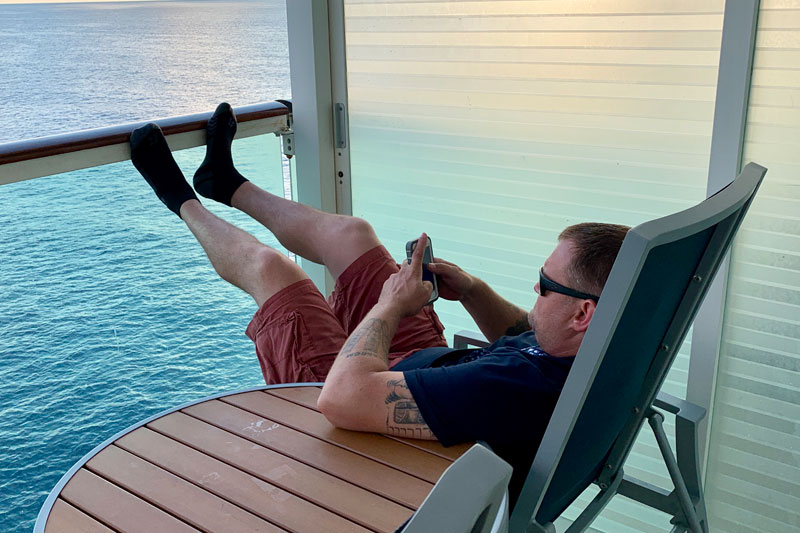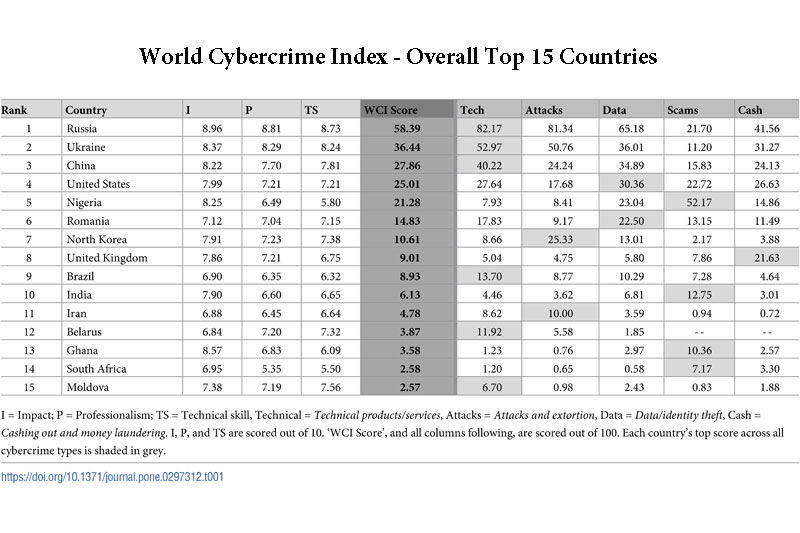
Voice Cloning AI: Protect yourself from scams targeting travellers and stay safe on your next trip with these essential travel tips.
Imagine this: You’re basking on a sun-kissed beach in Spain or cruising the turquoise waters of the Caribbean. Your phone rings, and it’s a voice you recognize—your mom, partner, or a close friend. They sound frantic, telling you there’s been an emergency and they urgently need money.
Panic sets in. Without hesitation, you wire the funds, convinced you’re helping someone in need. But hours later, you realize it wasn’t them at all. It was a scammer using voice cloning AI to trick you.
This may sound like a thriller plot, but it could happen to you. Let’s dive into how this scam works, the growing global threat of online fraud, and how you can protect yourself on your next trip.
What Is Voice Cloning AI?
Voice cloning AI is no longer a futuristic concept—it’s a tool that scammers are exploiting to manipulate victims. This tech can perfectly mimic anyone’s voice, making it easier for fraudsters to target unsuspecting travellers—whether you’re lounging by the pool in Bali or cruising on the open seas.

Scammers simply need a small audio clip—like a voice recording from social media, an old video, or even a previous phone call—to create a convincing imitation. Before you know it, that familiar voice could be used to steal from you.
How the Scam Works
Scammers can impersonate anyone—your mom, your boss, or even a bank representative. As TechRadar’s AI editor, Graham Barlow, wrote, “I cloned my voice with AI, and even my wife can’t tell the difference.”
With just a snippet of audio, scammers can create a phone call that sounds incredibly real. As Jason Knowles of ABC 7 Eyewitness News explained:
“All a criminal needs is a short audio clip of your voice and they can create an AI scam call that can fool your family and friends.”
Video courtesy of ABC 7 Eyewitness News
By gathering audio from past conversations or social media, scammers use voice cloning AI to create calls in seconds, deceiving even the most cautious loved ones—especially when you’re far from home.
Why Should You Care?
Scams like this are skyrocketing. Last year alone, US $1.03 trillion was lost to scams worldwide, according to the 2024 Global State of Scams report.
Countries like the UK and Singapore are seeing online scams surpass other crimes. In the UK, 41% of all crimes are online scams, and in Singapore, it’s a staggering 50%. Consumers in the US, Denmark, and Switzerland face the highest average losses, often in the thousands of dollars per scam.
Travellers, in particular, are prime targets as scammers increasingly use sophisticated technologies like voice cloning AI to exploit vulnerabilities.
With the rise of voice cloning AI and other digital threats, it’s important to understand how these scams can take advantage of travellers.

Why Travellers Are Especially Vulnerable
With scams on the rise and digital threats becoming more advanced, travellers are uniquely at risk. When you’re on vacation, your guard is often down.
Hotel Wi-Fi or satellite connections are typically less secure, leaving you vulnerable to exploitation.
Scammers thrive on urgency—whether it’s an “emergency,” a booking issue, or a flight complication. In these high-pressure moments, you might unknowingly share sensitive details or send money you can’t afford to lose.
Cruise passengers are especially at risk. Isolated at sea with limited connectivity, they often receive calls from scammers posing as cruise staff, claiming issues with their cabin or excursions and asking for payments or personal details.
How Scammers Use Technology Against You
Voice recognition systems are becoming more common at banks to streamline account access. But scammers can now manipulate these systems.
By mimicking your voice with AI, they can bypass security features and gain access to your accounts with just a few seconds of audio. The result? Hacked accounts and drained bank balances.

The Fight Against Fraud: What’s Being Done?
The good news? Companies are fighting back. Banks are implementing technologies to detect fake voices. Some use voiceprint verification—essentially, a personalized voice password—to confirm your identity.
Other measures, like multi-factor authentication (MFA) and improved caller ID verification, offer extra protection.
Organizations are also educating the public about these emerging threats, urging travellers to stay informed and cautious during their trips.
Related: Travel Checklist: Essential Things to Do Before Your Trip
How to Protect Yourself from Voice Cloning Scams
Voice cloning AI scams are real, but there are steps you can take to protect yourself. Here are some quick tips:
- Pause and Think: Scammers thrive on panic. If you receive an urgent call, breathe and think before acting.
- Verify Every Request: Don’t trust a familiar number. Hang up and call the organization directly from their official website—not the number that called you.
- Strengthen Your Security: Use strong passwords and enable multi-factor authentication for your accounts.
- Trust Your Instincts: If something feels off—especially with money or personal info—verify before acting.
- Use Secure Communication Channels: Avoid hotel Wi-Fi when accessing sensitive info. Use a VPN or encrypted messaging apps.
- Set Up Emergency Protocols: Have a secret phrase with loved ones to verify emergency calls.
- Keep Emergency Contacts Handy: Always have a list of trusted contacts and local authorities for emergencies.
- Limit Social Media Exposure: Be cautious about what you post. Scammers use social media to gather personal details.
- Secure Your Travel Documents: Store documents in a secure online vault or locked safe, and only carry what you need.
Voice cloning AI scams are a serious threat, but the tech industry is evolving to help us fight back. By staying informed and taking simple precautions, you can protect yourself and your travels from these sophisticated scams.
Next time you’re packing for a getaway, make sure you’re prepared. With these tips, you’ll be ready to outsmart scammers and enjoy a worry-free trip.
Safe Travels!






































